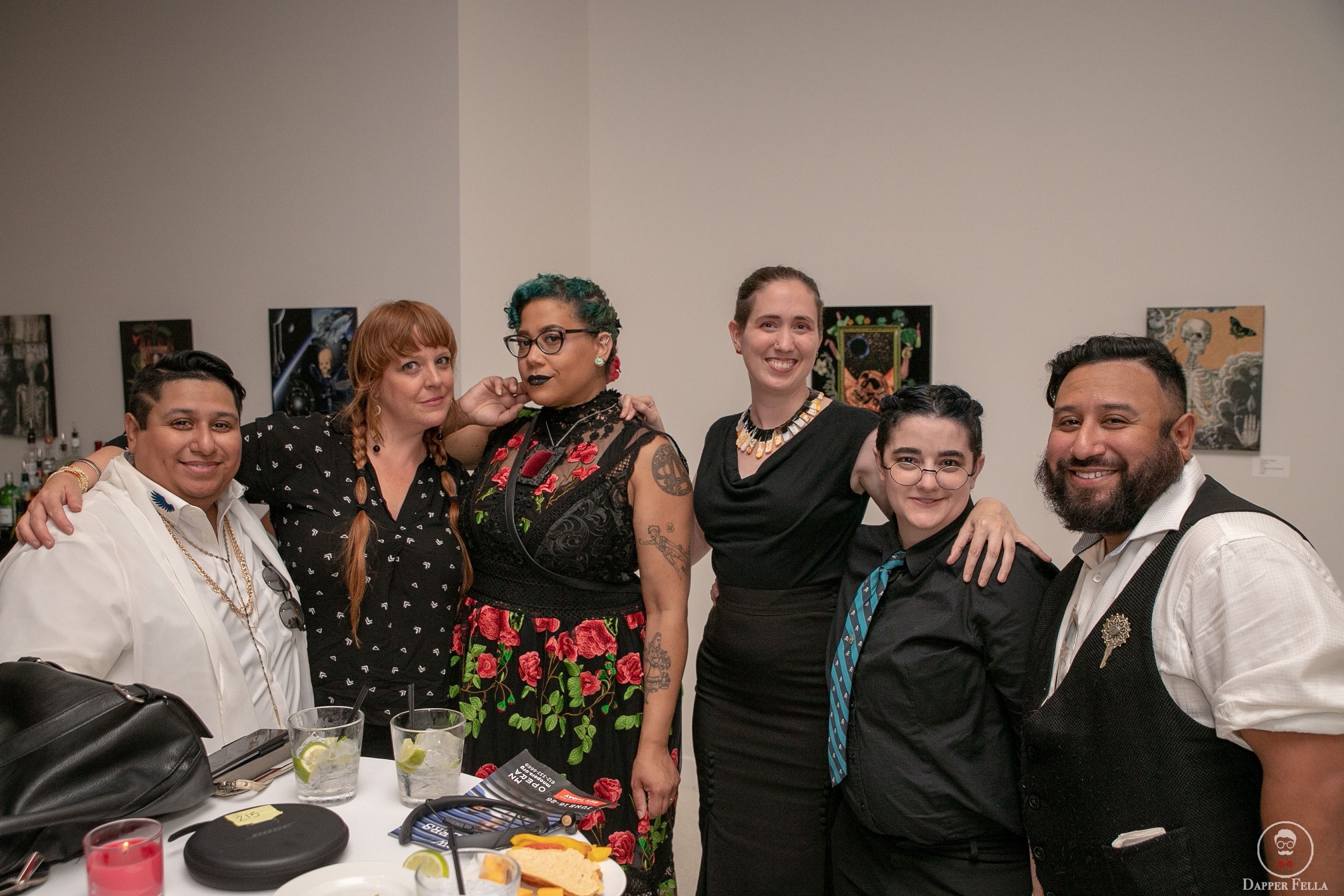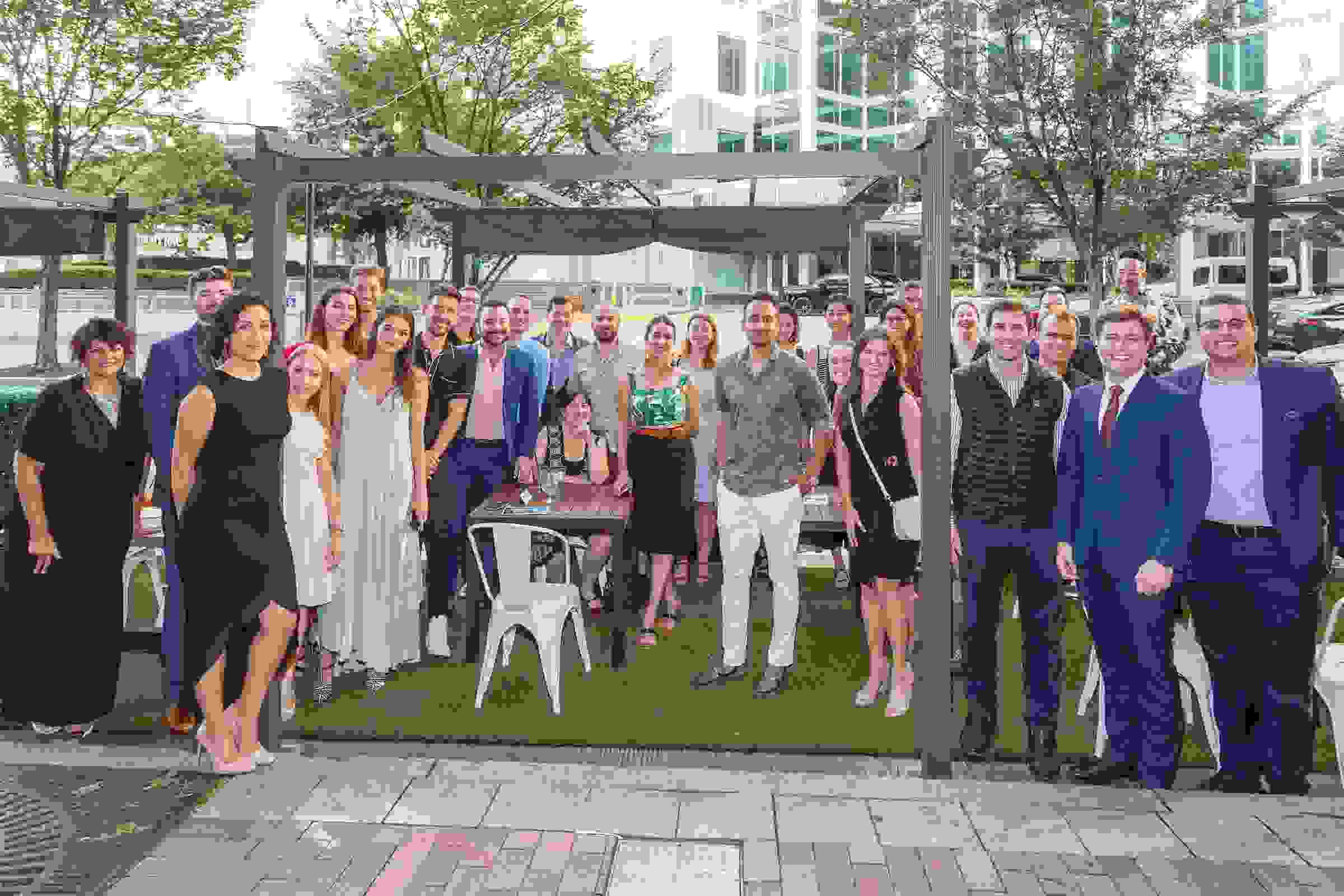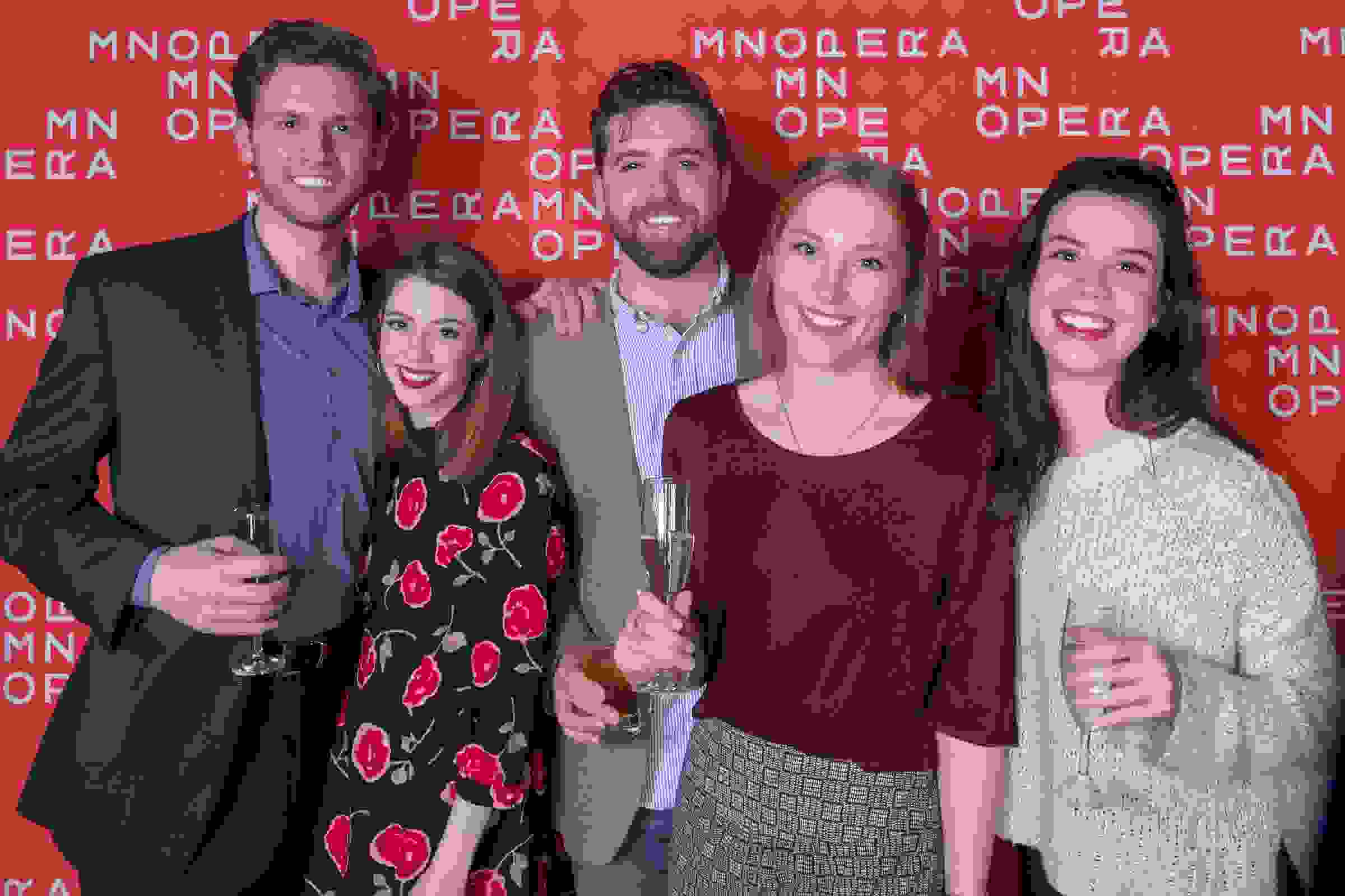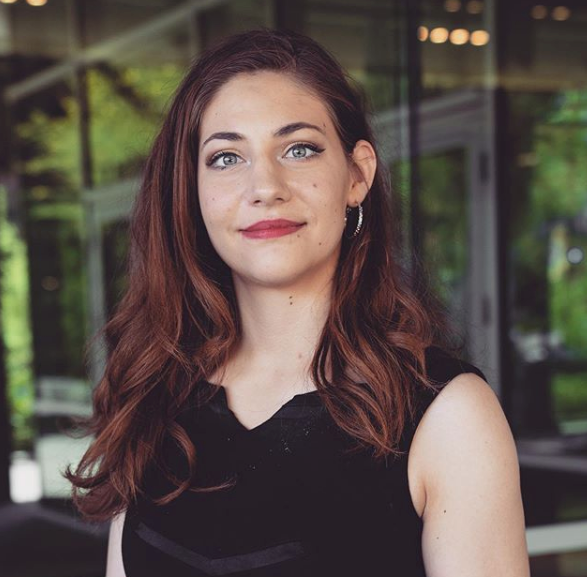Graduated Interest
Young professional programs are aiming to bring new audiences to opera companies with a variety of incentives.

Across the country, opera companies are aiming to entice younger audience members with membership programs designed especially for them. While the heavy discounts and free events are an added expense, many opera companies are treating these programs as audience cultivation, with the goal of turning young professionals into season ticket holders and eventually donors. “You really have to have a vision about how this might unfold over multiple years to pursue something like this,” says Eric Broker, Minnesota Opera’s former marketing and communications director. “We’re looking at the lifetime value of a patron versus selling 80 tickets for $20.”
As it turns out, many young professionals like to party. Besides heavily discounted tickets and subscriptions, most of the programs — which tend to have chic, upbeat names like Tempo, BRAVO!, or Crescendo — are leaning on hosting special events like happy hours and post-show soirees and backstage events. These programs have memberships of dozens or hundreds at different companies. Some, like Seattle Opera’s BRAVO!, have been around for decades and have a proven track record of leading to subscriptions and donations. Others, like The Dallas Opera’s new Crescendo program for attendees between the ages of 21 and 45, are primarily helping draw new attendees. More than half of Crescendo’s 154 members are brand new to the company, drawn in by the parties and promise of networking opportunities.

Time will tell whether Crescendo provides a short-term social club or a vehicle for driving long-term engagement and subscriptions as members age out.
First, though, who exactly are these young professionals? Chris Cox, marketing and communications director at Pittsburgh Opera, says that its club, the New Guard, is “really an engagement program more so than a revenue generator,” and that there are two different groups in young professional programs. The first comprises established professionals who work in fields that offer stable salaries, like law, tech, or finance. They are further along in their careers and have disposable income. For them, opera is an avenue to expand their social networks. The second cohort of young professionals is made up of die-hard opera fans who just happen to be younger than average. They are recent college grads who are missing the student discounts that were once at their disposal. For them, young professional programs offer a way to keep interacting with a medium that’s currently out of budget.
The New Guard’s two most popular annual events, a summer salon and a Pride night, record more than 100 attendees each year. These events are spearheaded by current Executive Council President and founding member Michael Komo, who tapped his own personal network to kickstart the group’s growth. The New Guard calendar also includes around six pre-show happy hours — complete with drink discounts — that are another big draw, Cox says. Pittsburgh Opera considers its program a success, as it brings in a healthy number of new attendees and is revenue-neutral thanks to its membership dues.
That isn’t always the case. These young professional programs can live or die based on the amount of resources a company can invest in the events as well as the networks that their volunteer leaders can tap into. “If it’s a young company, or if it’s the first time starting a group like this, you really do need a charismatic leader, a magnet who can connect you with folks,” Opera Orlando’s general director and CEO, Gabriel Preisser, says. That company’s young profession club, the Forte Society, didn’t survive the pandemic, as maintaining engagement proved difficult for this event-oriented segment. Ultimately, Orlando Opera determined that it wasn’t worth separating attendees out by age and rolled the roughly 20 club members into its Ambassadors program, which offers some of the same behind-the-scenes sorts of perks and social events for members who want to get more involved and donate. The Ambassadors program is not age-restricted. “We found the Ambassadors like to be around younger folks, and the young professionals liked to feel like they’re part of a larger group,” Preisser says.




Another strategy of these programs is to build more graduated steps between student discounts and full subscribership. Minnesota Opera founded its Tempo club in 2011, and before the pandemic, that club had ballooned to an impressive 450 members. Tempo is for operagoers ages 21–45 and offers step-up price points to members who age out. The logic is simple: Attendees who suddenly lose access to the Tempo discounts altogether may stop coming, but providing a bridge may ease that transition: “We’re really putting our money where our mouth is with this discount and actively undercutting our ticket sales,” Broker says, noting the program’s success in keeping patrons coming back.
Seattle Opera’s BRAVO!, founded 1996, provides perhaps the best example of these programs’ ability to forge lasting relationships. BRAVO! discounts tickets up to 50% for members between the ages of 21 and 39 and offers a variety of happy hours and social events throughout the season. It’s one of the largest operatic young professional clubs in the country, and more than half of its members continue subscribing to the company after they age out of the program. Crucially, thanks to the company’s efforts to consistently engage and interact with the club, members also become donors faster and more consistently than other patrons, the company notes. Non-members tend to take more than three years to make that consequential first donation. A BRAVO! member generally makes a first donation after a year of subscribing.
This article was published in the Winter 2023 issue of Opera America Magazine.

Rebecca Spiess
Rebecca Spiess is a reporter at the Pittsburgh Post-Gazette.





